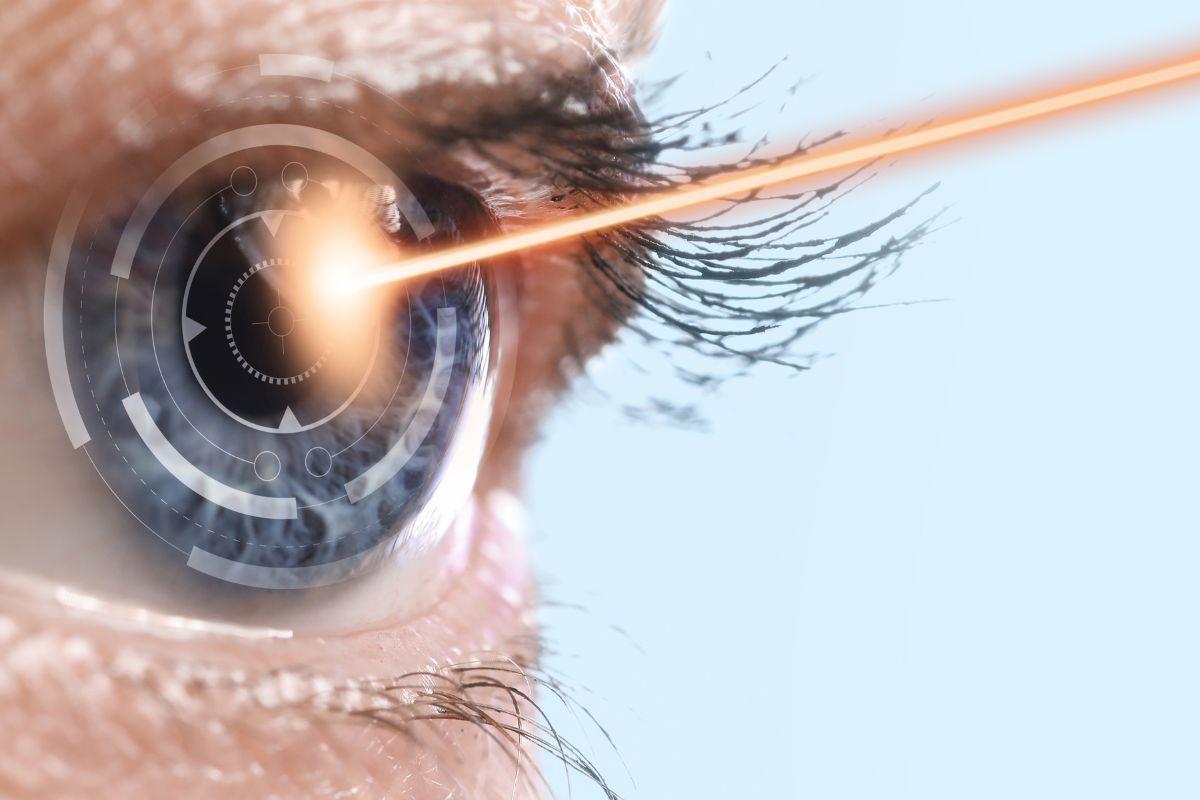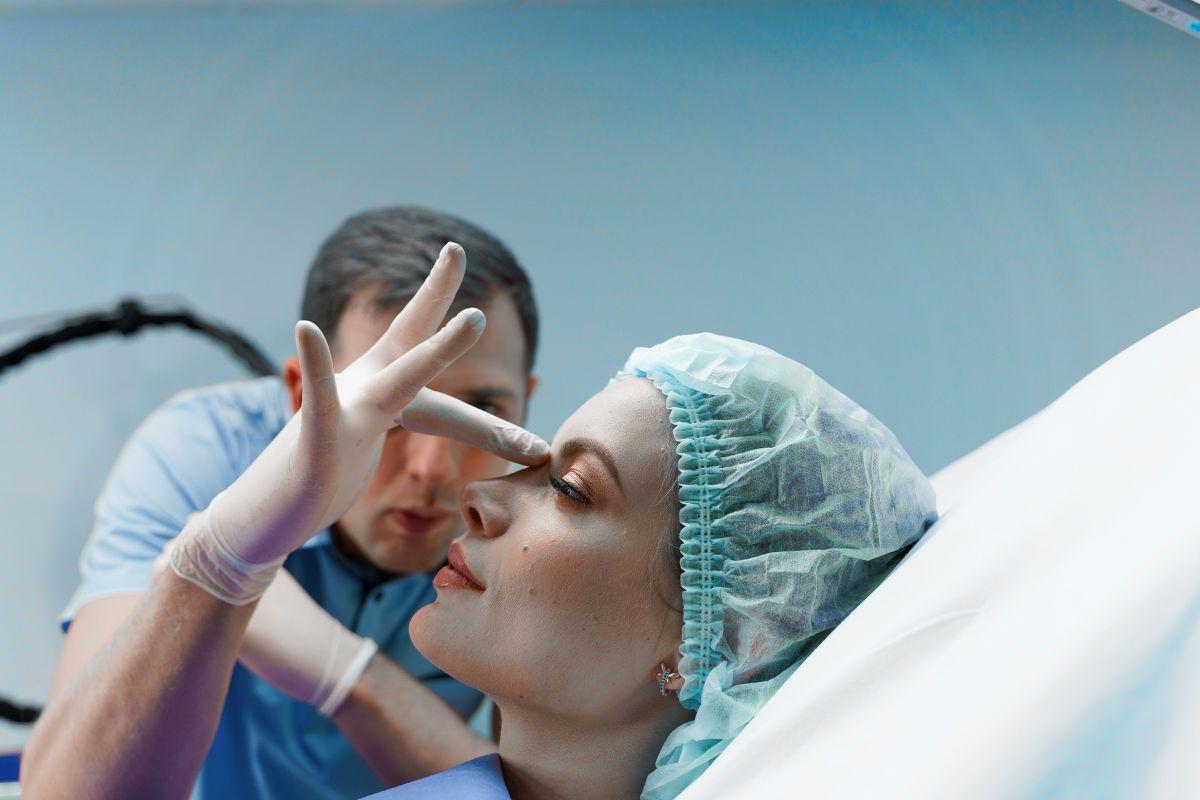Royal Brompton and Harefield Hospitals provide comprehensive treatment for patients with cardiac and respiratory conditions – including physiotherapy. The hospitals’ team of respiratory physiotherapists are specialists in the field of breathing. They provide help to patients enabling them to:
- Exercise safely if they have underlying heart or lung conditions;
- Provide rehabilitation following a long hospital stay;
- Prescribe airway clearance regimes for those suffering recurrent chest infections and/ or difficulty clearing their chest;
- Retrain patient’s dysfunctional breathing patterns;
Royal Brompton & Harefield Hospitals Specialist Care respiratory physiotherapists are highly experienced, providing comprehensive assessments, as well as advice and treatment for patients with a range of conditions such as bronchiectasis, asthma, chronic obstructive pulmonary disease (COPD), interstitial lung disease (ILD), asthma or other breathing disorders.
Respiratory physiotherapy for patients with COVID-19
As the COVID-19 affects the respiratory system, the respiratory physiotherapist’s role is vital on the front-line helping people in hospital, and virtually to support those unwell at home.
Their skills are of particular benefit in areas such as:
- Rehabilitation for those who have spent prolonged periods in intensive care on mechanical ventilation;
- Weaning from mechanical ventilation;
- Managing those with underlying lung conditions who contract COVID-19;
- Providing rehabilitation for high-risk patients who will have been less active during the COVID-19 pandemic;
- Managing those who now have lung disorders as a result of the virus;
- Helping those with anxiety disorders, breathing pattern problems or hyperventilation syndrome as a result of the trauma.
London-based respiratory physiotherapist, Emily Lockwood, has worked at Royal Brompton Hospital for eight years. She explains, “My aim with all my patients is to provide personalised treatment which is based on the patient’s needs. Depending on their condition and presentation, my treatment may consist of airway clearance, breathing pattern assessment and re-education, pulmonary rehabilitation or individualised exercise input.”
She comments further, “For COVID-19 patients, I anticipate there will also be a large need for specialist rehabilitation in the home to get patients back to their previous level of independence.”
Emily finds that her experience of working at a dedicated heart and lung hospital is highly valuable. “Quite often, I see patients who have co-existing or complex problems. It’s key to have a knowledge of how to best manage and treat such cases. Working with a team of extremely experienced colleagues where we all share knowledge certainly helps”.
High-risk of severe complications from COVID-19
People who experience problems with their breathing, have an underlying respiratory condition, or are prone to chest infections are at higher risk of complications from COIVD-19. It is therefore important to maintain a healthy lifestyle, focusing on keeping the chest clear during the pandemic.
There are several techniques one can follow to maintain good health:
- Performing airway clearance exercises. This must be performed daily to keep the chest clear of secretions and to ward off any infection while the virus continues to be a threat;
- Staying as active as possible within to maintain fitness levels;
- Continue to take prescribed medications;
- Staying hydrated. Most health authorities recommend 2 litres of natural water daily. This does not include fizzy drinks, caffeinated drinks (tea/coffee) or alcohol.
Stay safe
We’re hoping the measures the world has put in place will see us able to return to normal before long. In the meantime, stay safe, stay home, stay apart and look after yourself.
If you feel you cannot cope with your symptoms at home, or your condition gets worse, or your symptoms do not get better after 7 days, then use the NHS 111 online coronavirus service. If you do not have internet access, call NHS 111. For a medical emergency, dial 999.
Read official guidelines for Coronavirus COVID-19 from the NHS here




